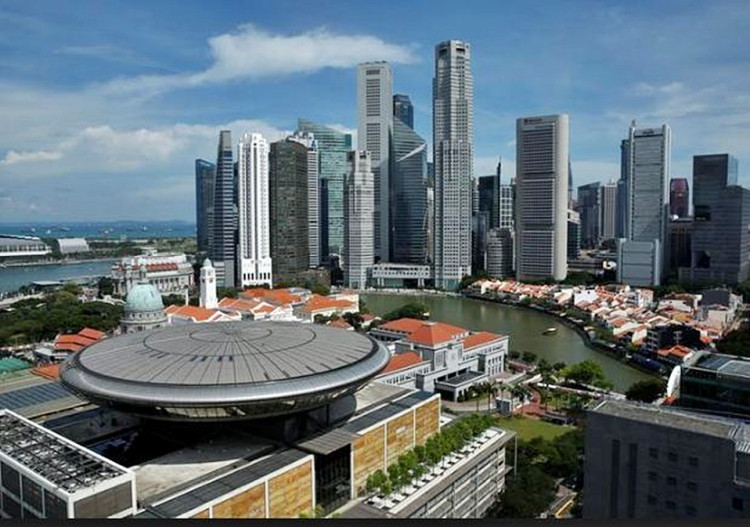Hong Kong experienced an unsettling slowdown in growth for the fourth quarter of 2018, with its erstwhile robust economy contracting 0.3 percent compared to a 0.1 percent growth in the third quarter. On a year-on-year basis, however, Hong Kong's economy expanded 1.3 percent.
Merchandise exports fell 2.7 percent (vs 1.2 percent in Q3). Merchandise imports plummeted by 5 percent (vs 3.1 percent in Q3)
On the other hand, services exports grew by 0.7 percent in Q$ 2018 (vs 0.5 percent in Q3). Import services inched upwards by 0.1 percent (vs 0.7 percent in Q3).
The outlook for Hong Kong's economy this year is also unfavorable. Growth is forecast to slow this year to 2 percent to 3 percent, said Hong Kong Financial Secretary Paul Chan, after the 3 percent growth in 2018. The government had estimated growth of 3.2 percent.
Analysts said the reasons for the weaker expectations are that Hong Kong keeps being battered by volatile property values and the painful fallout from Trump's trade war. The softer economy will also result in lower social services outlays this year.
"As a small and totally open economy, Hong Kong has been susceptible to economic headwinds over the past few months, as evidenced by notable slackening growth and diminishing confidence of enterprises in the future outlook," said Chan. "Resources are not infinite and trade-offs are inevitable."
The tepid macroeconomic picture has forced Chan and Chief Executive Carrie Lam to deliver a more constrained budget with less money for social services and more emphasis on areas of potential growth and need.
The fiscal surplus for fiscal 2019, which ends March 31, will shrink to some $7.5 billion (HK$58.7 billion) for 2019/2019, which is less than half the US$19 billion (HK$149 billion) last year. It will shrink further to US$2.1 billion (HK$16.8 billion) in the coming year, estimates the government.
Hong Kong's economy is forecast to grow from 2 percent to 3 percent in 2019, and should average 3 percent growth from 2020 to 2023, said Chan.
He also rolled-out tax cuts, which included a 75 percent cut in salaries and profits tax. Both of these have been capped at US$2,500 (HK$20,000).






